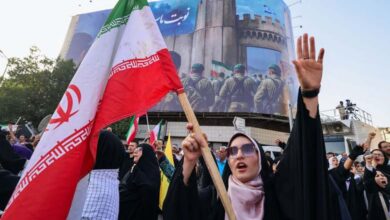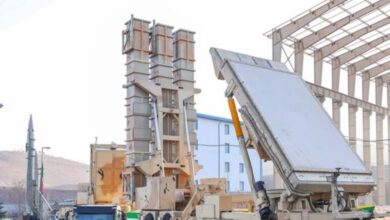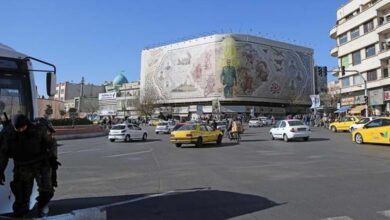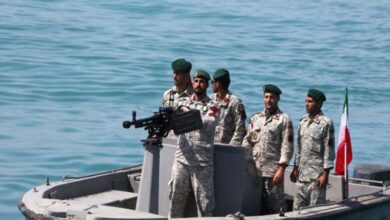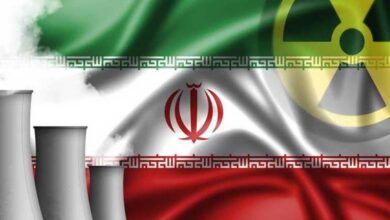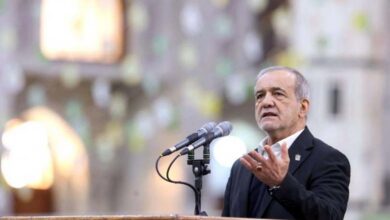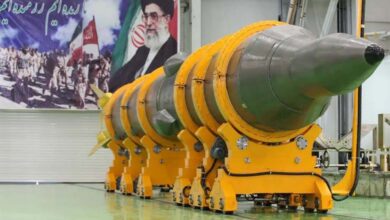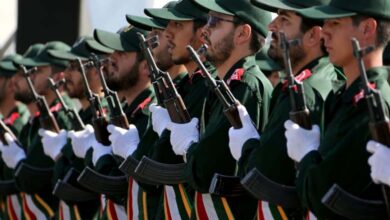Western Maximum Pressure Campaign to Prevent Iran from Acquiring Nuclear Weapons
Washington threatens, while European countries prepare to activate the "snapback" mechanism and reimpose all international sanctions on Iran.
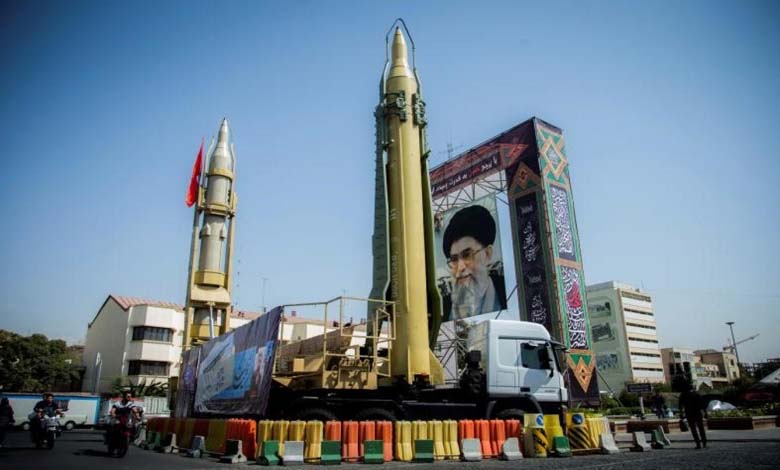
Mike Waltz, Donald Trump’s nominee for National Security Advisor, pledged to return to the “maximum pressure” campaign implemented during Trump’s first term, despite Iran signaling its desire to ease tensions. Meanwhile, European countries have expressed their readiness to activate the “snapback” mechanism and reimpose all international sanctions on Iran to prevent it from acquiring nuclear weapons.
-
Joint British, French, and German statement on Iran’s approach to nuclear weapons… What was stated?
-
Khamenei escalates, saying: If we want to build nuclear weapons, they cannot stop us
In an interview with “Fox News” on Wednesday, Waltz stated: “You will see a major shift regarding Iran” after Trump assumes office on January 20. He added, “We need to restrict their funds and oil. We need to return to maximum pressure, a policy that was effective under Trump’s first term.”
Waltz’s comments reflect a consensus among Trump and several of his nominees, including the Secretaries of State and Defense and the Ambassador to the United Nations, that President Joe Biden has been lenient in imposing sanctions on Iran. Iranian oil exports have defied years of U.S. sanctions to return to near-full capacity.
-
Atomic Energy Agency: Iran Close to Nuclear Bomb
-
“Iran Nuclear Deal”: Diplomatic Efforts to Contain Escalation
During his first term, Trump withdrew the United States from the agreement restricting Iran’s nuclear program. Meanwhile, Joe Biden, during his term, escalated sanctions on Iran due to its support for groups like Hamas and Hezbollah, as well as its close ties with Russia.
Biden also expanded sanctions on Iran’s oil and gas sectors in response to a ballistic missile attack on Israel.
However, some things have changed since Trump’s first term. Iran’s new reformist president, Massoud Bazshkian, elected last July, has prioritized easing sanctions and pursuing rapprochement to stabilize the country’s economy.
-
The 1000th Day of the Ukrainian War… Putin Opens the Nuclear Door
-
“Amending the Nuclear Doctrine”: Russia Prepares to Put the World “on the Brink of a Volcano”
In contrast, Trump has sent mixed signals about his stance toward Tehran. The day after his reelection, he said he wanted a new deal with Iran as long as it does not seek nuclear weapons. He added, “We are not looking to harm Iran, but they cannot have a nuclear weapon.”
European countries, including Britain, France, and Germany, have also expressed a similar stance, informing the United Nations Security Council that they are ready, if necessary, to activate the “snapback” mechanism and reimpose all international sanctions to prevent Iran from acquiring nuclear weapons.
-
Iran’s Nuclear Program: What is the “Wisest” Path for the U.S. to Face It?
-
Hardline MPs demand Khamenei reconsider nuclear doctrine
The “snapback” mechanism mandates the suspension of all enrichment and reprocessing activities in Iran and prohibits importing materials related to these activities or developing nuclear weapons systems. It also reinstates international sanctions, including arms bans and inspections of Iranian shipments.


